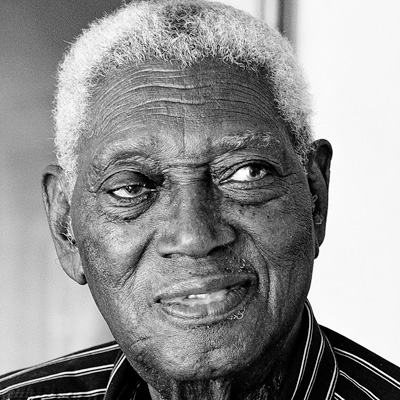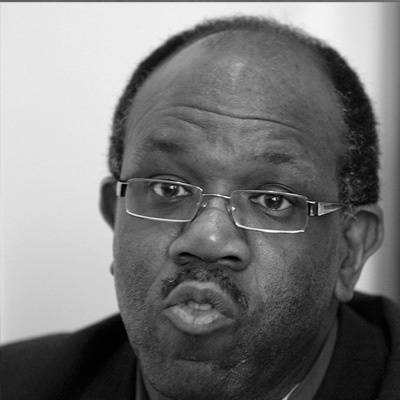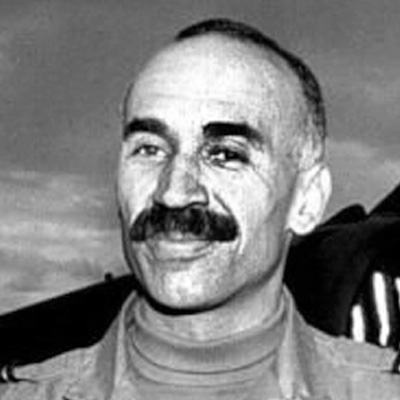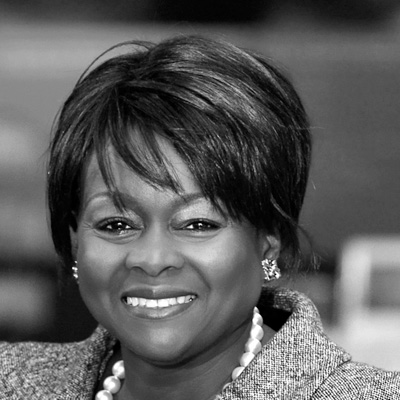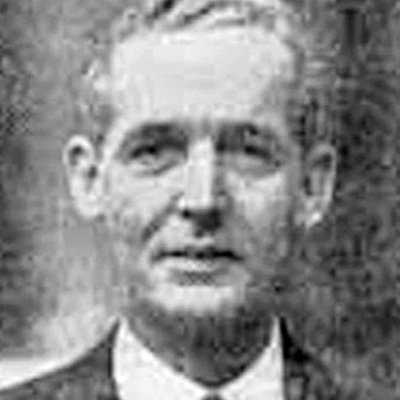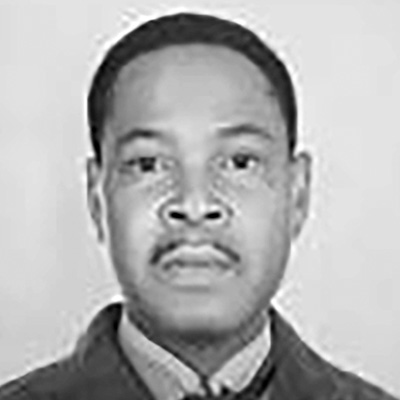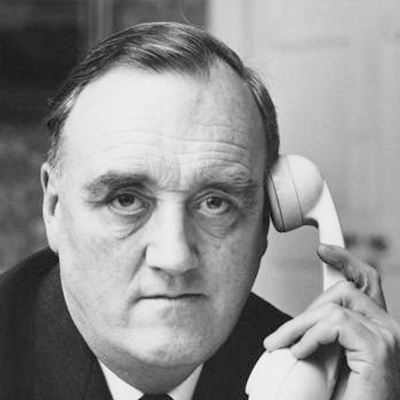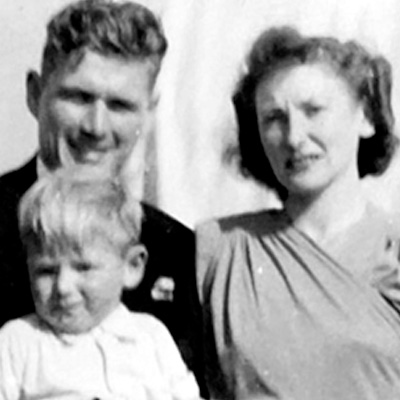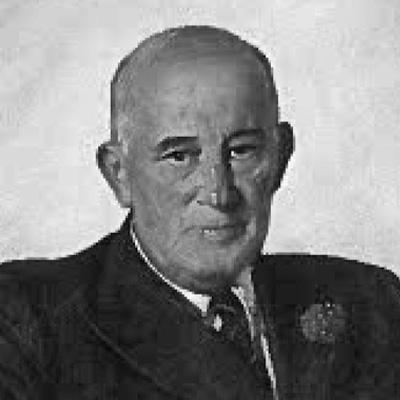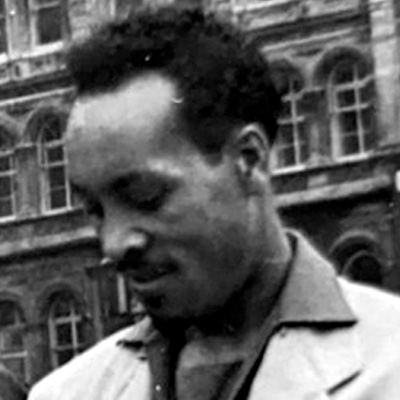Clifford Fullerton
PIONEERS
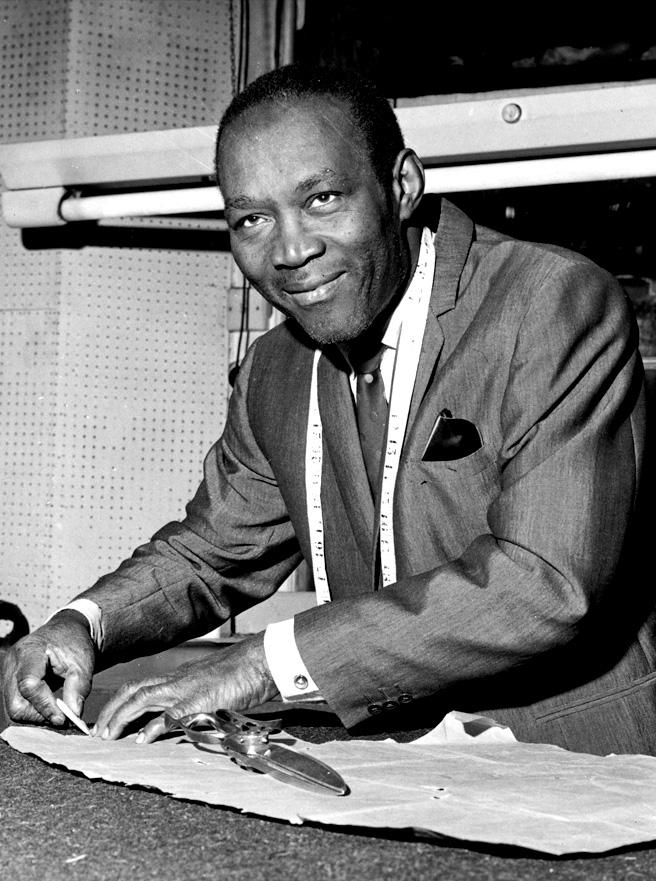
‘Tailor who was a cut above the rest’
1908 - 1992
Share this:
Having no accommodation lined up when he arrived, he stayed at the Clapham South Deep Shelter in London for four weeks, where, as luck would have it, men from the Salvation Army came scouting for tailors. He got a job making uniforms at its King’s Cross base, an article in Jamaica’s The Gleaner reported on December 4, 1948. This paid £5 10 shillings a week, which Clifford thought was “fine”.
After taking evening classes at the Tailor and Cutter Guild he began to branch out on his own and by the 1950s was making bespoke suits for mostly West Indians but also Teddy Boys.
Born Clifford Augustus Fullerton at 35 Mark Lane, downtown Kingston, on November 9, 1908, and the son of George and Agatha, née Joseph, he had originally intended to stay in England for only six months, having left behind his wife, Blanche, and baby son, Earl. Realising that it would be difficult to save the money for his fare home, Clifford decided to bring the two of them over in September the following year.
At the time, he was living at 28 West Cromwell Road in Kensington with 21 other adults including Windrush shipmate Vincent McFayden. The property is now part of a Premier Inn.
Born on April 27, 1912, Blanche Kathleen, née Holness, hailed from Laconia, St Elizabeth, and worked as a dressmaker. In 1942, in Kingston, she married Clifford, who’d previously been a seaman and also played trumpet in a band on board cruise ships.
After Blanche’s arrival the couple set up a business in North Kensington, which quickly flourished. In 1952, Clifford became the first black associate member of the City of London Master and Foreman Tailors Society, announced at a dinner at the Criterion Hotel in Piccadilly, where he was toasted. “The hall nearly fell down from the claps and cheers,” Clifford recalled.
In 1957, he started running his own night club for a while after some of his customers complained to him about having nowhere to enjoy themselves because of racial prejudice. Then in the early 1960s he studied double bass at the London College of Music.
In 1953, Clifford and Blanche were living at 101 Kerslake Road, Kensal Rise, where they remained until the 1960s. They then moved to 105/107 Talbot Road in Notting Hill. This would be their home for the rest of their lives.
Clifford died on July 10, 1992, leaving £366,488 in his will, a testament to how well he did in business. Blanche passed away the following year on November 29. Both are buried in Kensal Green Cemetery, London
Share this:

